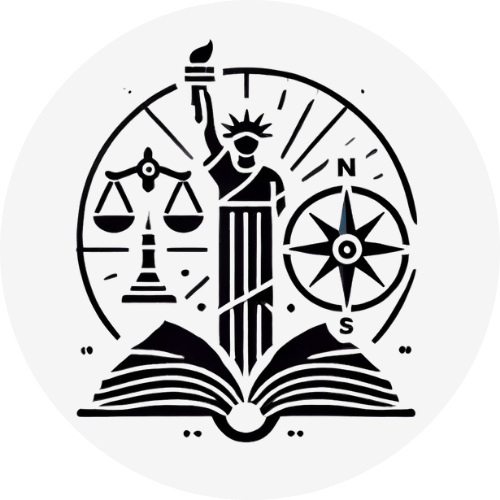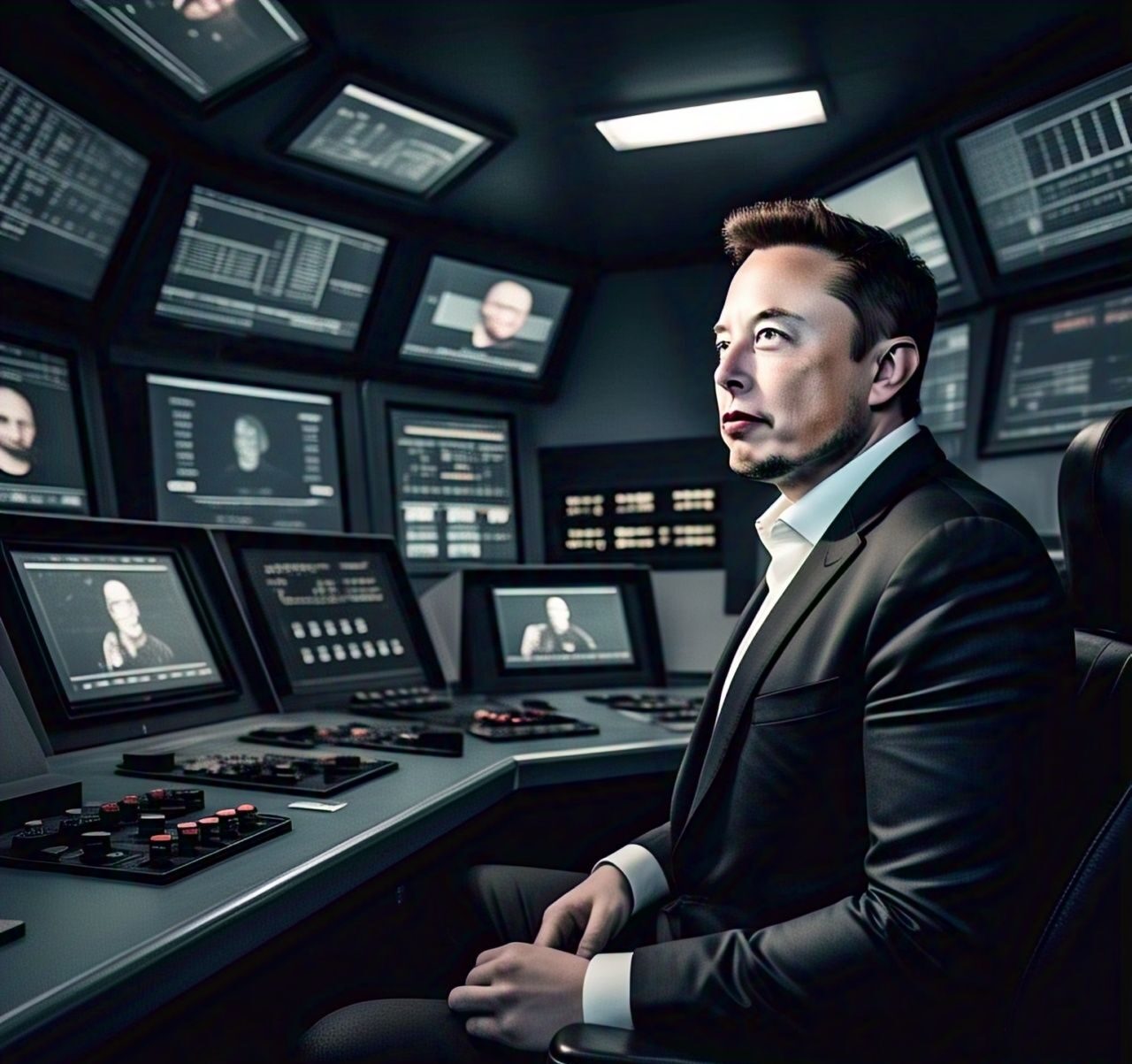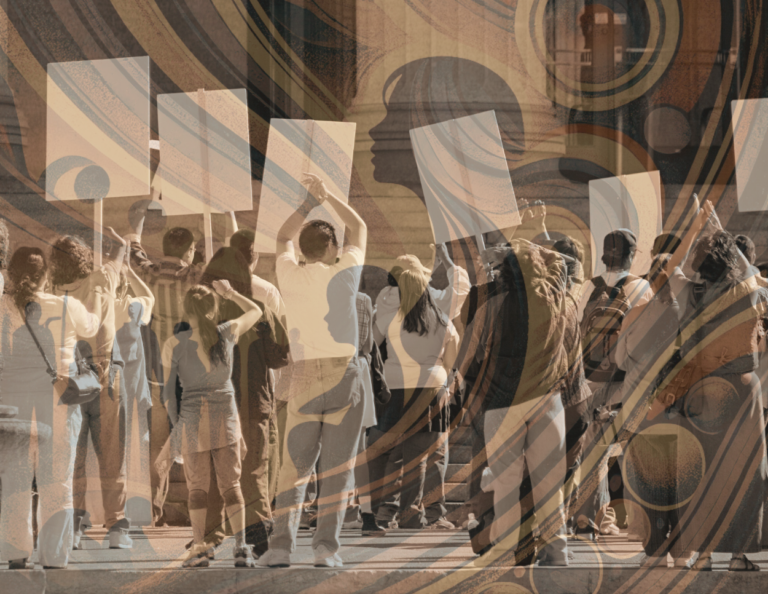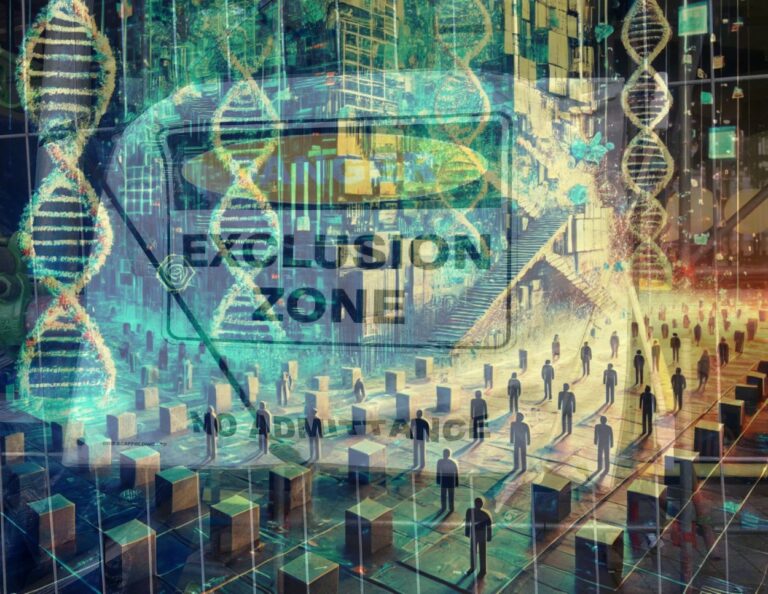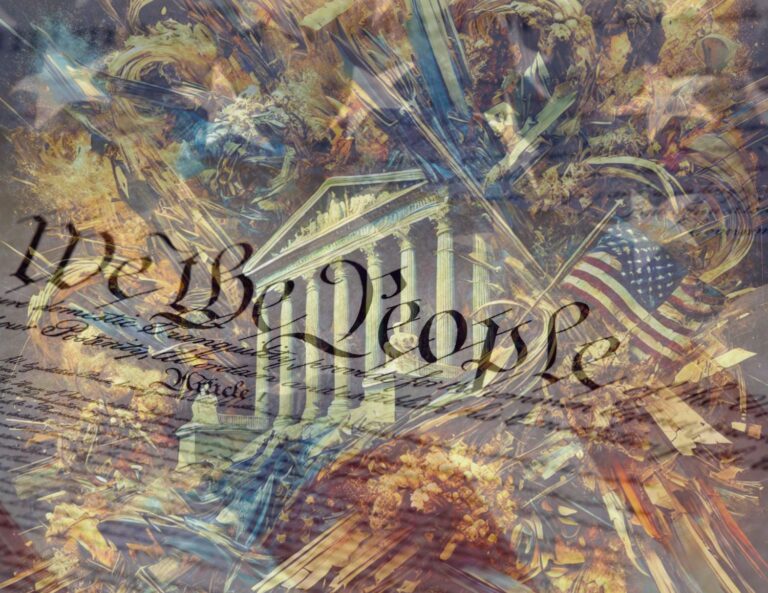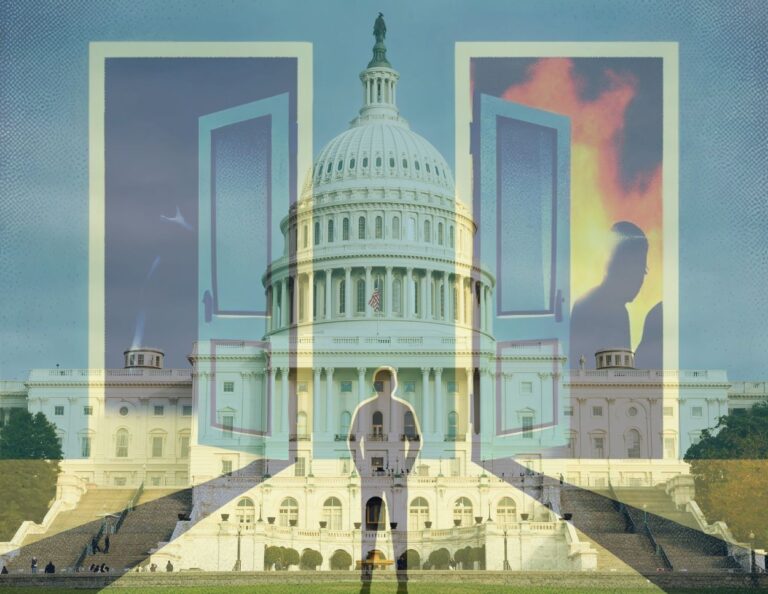How Musk’s Government Takeover Impacts Ordinary Americans
Note – this was initially a post on Facebook, copied and reformatted to this website.
The Expanding Reach of Musk’s Power
Elon Musk’s unprecedented control over federal government systems isn’t just affecting federal employees—it’s impacting everyday citizens and businesses in ways that most people don’t yet realize.
By merging government access with private corporate data, Musk now has an unparalleled ability to track, analyze, and act on financial, personal, and online data. This raises serious concerns about privacy, security, and civil rights, even before considering potential future actions.
Musk’s Access to Citizen and Business Data
Government Systems Now Under Musk’s Control
Musk’s Department of Government Efficiency (DOGE) has gained full access to the U.S. Treasury Department’s payment system, which processes over $6 trillion annually, including:
- Social Security payments
- Medicare and Medicaid reimbursements
- Federal employee salaries and pension disbursements
- Government contracts and vendor payments
- Federal tax refunds and audits
Additionally, Treasury databases contain financial and personal records for individuals and businesses that interact with the government, including:
- Social Security numbers
- Banking information for government payments
- Tax records, including income, deductions, and audits
- Employment and earnings history
- Government assistance enrollment and payment records
Private Companies Under Musk’s Control
At the same time, Musk privately owns and operates multiple companies that already hold vast amounts of user data:
- X (formerly Twitter): Private messages, location data, browsing habits, social interactions, political affiliations
- Starlink: Internet activity, IP addresses, browsing history, communication metadata
- Neuralink, Tesla, SpaceX: AI, biometric research, connected vehicle data, satellite communications
The Consequences of Merging Government and Private Data
With direct government access and private corporate data combined, Musk can now build highly detailed profiles of individuals, businesses, and organizations. This level of integration has never been possible before.
Data Points That Can Now Be Cross-Matched:
- Government financial records + Private banking and online transactions
- Social Security and tax data + Employment history and spending habits
- X user activity (likes, shares, private messages) + Government assistance records
- IP addresses from Starlink + Location data from federal benefit payments
- Government contracts and vendor payments + Personal social media and political activity
This breaks long-standing barriers between government oversight and private corporate tracking. There are no clear legal limitations or safeguards preventing Musk from using this blended dataset however he sees fit.
Definite Impacts on Privacy, Security, and Civil Rights
Loss of Financial Privacy
- Musk’s AI can analyze financial transactions, predict behavior, and flag individuals for scrutiny beyond existing government oversight.
- If you receive Social Security, Medicare, or government assistance, Musk’s team now has access to your full financial picture, including private accounts linked to government payments.
Erosion of Online Privacy
- X (Twitter) data can now be directly cross-referenced with government tax and financial records.
- Anonymity is significantly reduced—IP addresses, transaction histories, and online activity can now be tied to real-world identities with greater accuracy.
Threats to Business Security and Competitive Fairness
- Musk now has visibility into all companies that receive government contracts, tax incentives, or grants.
- This could lead to preferential treatment for Musk-affiliated businesses or targeting of competitors.
Potential for Government-Corporate Surveillance Without Oversight
- There are no existing laws preventing Starlink’s internet traffic from being monitored alongside government financial records.
- Musk’s AI can cross-reference political donations, online activity, and financial transactions in ways that government agencies legally cannot.
Future Possibilities: What Could Happen Next?
While there is no direct evidence that Musk or his team are currently acting on this data in harmful ways, the lack of accountability means nothing is stopping them.
Political & Ideological Profiling Becomes a Factor in Government Benefits
- Musk’s AI could rank individuals by “trustworthiness,” “economic value,” or “political risk.”
- Recipients of government assistance could be flagged for additional scrutiny based on social media behavior or spending habits.
- Individuals critical of the administration could face slower approvals, more audits, or denials of federal aid.
Employment & Business Opportunities Tied to Ideological Loyalty
- Companies seeking government contracts could be required to align with Musk-backed policies.
- AI-driven hiring tools could deprioritize candidates with a history of political dissent.
- Government employees and contractors could face increased surveillance beyond the workplace.
Expansion of AI-Driven “Social Scoring” Without Transparency
- If Musk integrates Treasury and Starlink data, real-time financial and behavioral monitoring could become a silent policy tool.
- Businesses, banks, and credit agencies may unknowingly incorporate Musk’s risk profiling into their own decision-making.
- Unlike credit scores, there is no legal requirement for transparency or appeals.
Media & Information Control Through Algorithmic Manipulation
- News that challenges Musk’s interests could be algorithmically suppressed.
- Political campaigns, movements, and grassroots organizing could be weakened through search ranking and content throttling.
- “Government efficiency” initiatives could be used as a pretext for limiting public discourse.
The Bigger Picture: The Danger of Unchecked Power
The problem isn’t just what Musk might do—it’s that there are no safeguards preventing these outcomes.
- Government agencies must follow strict laws protecting financial privacy, data security, and non-discrimination. Musk is not bound by those laws in the same way.
- Congressional oversight doesn’t apply because Musk was never officially appointed—he operates within an informal power structure.
- There are no public disclosures on how government data is being used by DOGE.
- The traditional system of checks and balances between government branches does not apply to Musk’s position.
This isn’t just about one man’s power—it’s about a fundamental shift in how government oversight and corporate control are merging, with no clear accountability.
What Comes Next?
- Some lawmakers are beginning to raise concerns, but it’s unclear if Congress or the courts have the ability—or willingness—to intervene.
- Musk’s public statements suggest he will push even further into government decision-making.
- Trump and Project 2025’s policy goals align with consolidating power, benefiting from Musk’s influence.
The average American may not notice the impact immediately, but as data-driven governance, AI-controlled hiring, and financial oversight merge with corporate influence, the real effects will be impossible to ignore.
The biggest question isn’t just what Musk will do—it’s whether anyone will be able to stop him if he goes too far.
